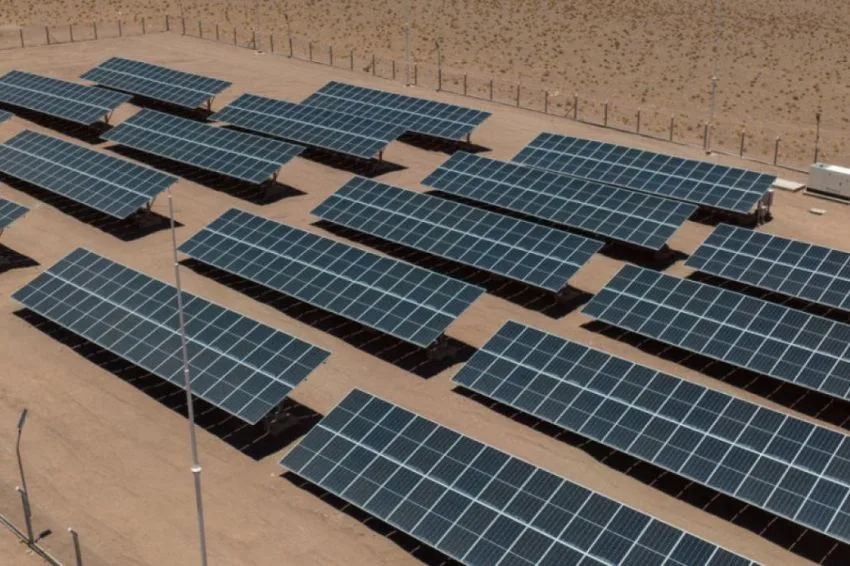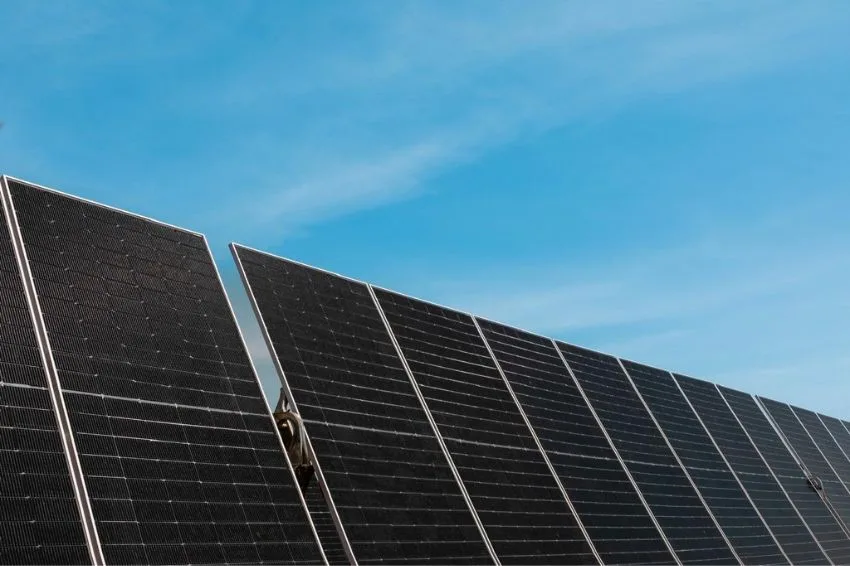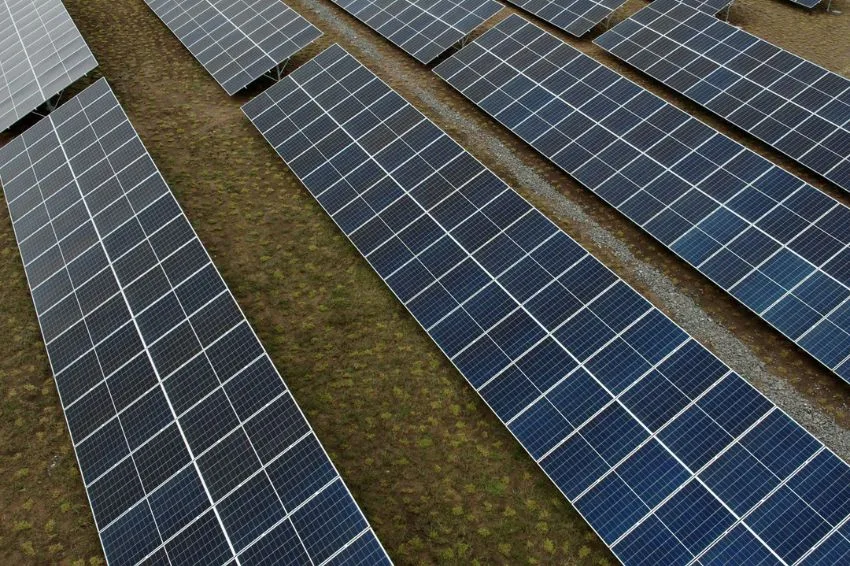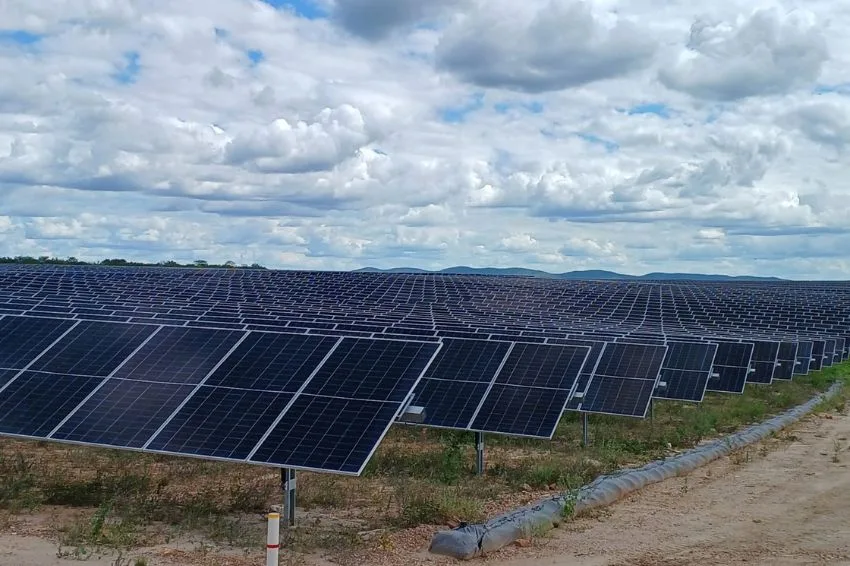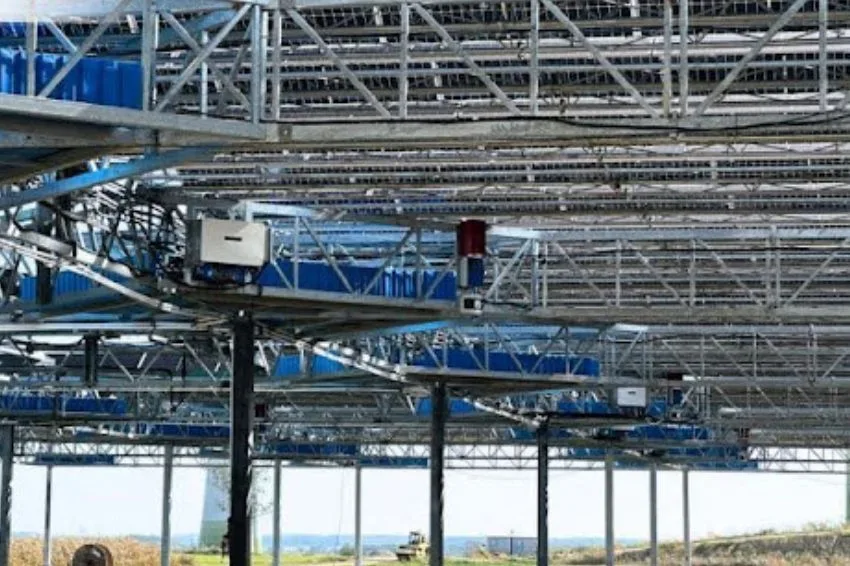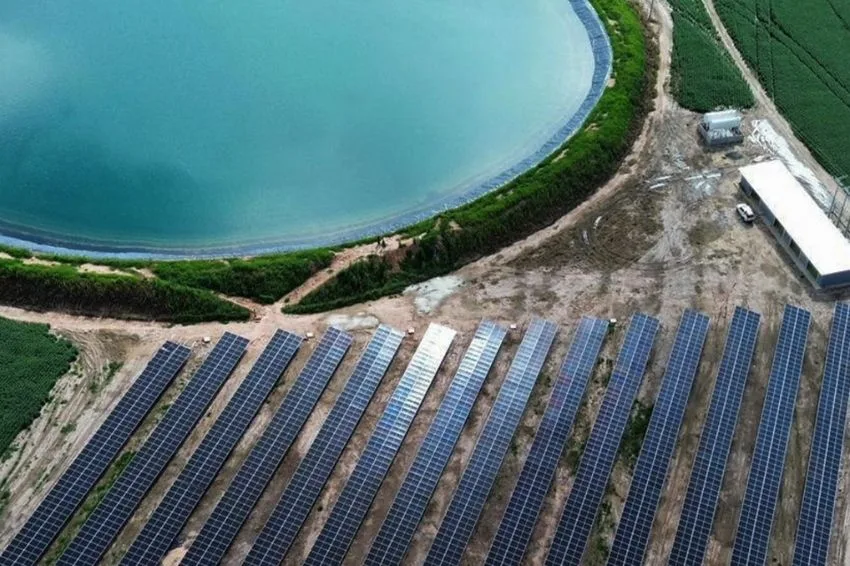A RGE (Rio Grande Energia), electrical energy distribution concessionaire belonging to the CPFL Energia group, and the Crescer Institute, a social organization that has been promoting educator training, professional qualification and community development projects for over 22 years, are working in partnership in the educational project “RGE in Schools”, which aims to encourage conscious energy consumption in public schools in Rio Grande do Sul.
The 'Energy at Game Festival', promoted through ANEEL's PEE (Energy Efficiency Program), features educational activities for Elementary Education institutions (6th to 9th year) in the state, spreading a culture of energy efficiency and sustainable development for students and educators. With the project, more than two thousand students will be directly impacted by educational actions, as well as 200 teachers.
“Our mission is to ensure that students learn and disseminate knowledge about the rational and safe use of electrical energy, sustainability, the environment and renewable energy generation through playful and educational activities, developing their skills and facing challenges, practicing agility, balance , tactics, knowledge and creativity”, explained Amanda Moreira, project coordinator at Instituto Crescer.
According to the professional, by promoting a culture of energy efficiency and sustainable development, the efforts encourage students to encourage changes in habits aimed at saving energy, conscious consumption and protecting the environment, as well as exercising citizenship and appropriating knowledge. on the topic in a playful and creative way to make them multipliers or spokespeople of this knowledge.
The project, which began in April, will continue throughout the year in a total of eleven schools in Rio Grande do Sul in seven cities: Rolante, Rosário do Sul, Nova Hartz, Gravataí, Canoas, Uruguaiana and Guaporé.
“I am very happy to represent RGE in such an immersive project, which seeks to engage students, teachers and even the school community around this very important topic”, said Renan Inacio Marcoantonio, from the Energy Efficiency Management – CPFL Energia.
“Energy efficiency is directly related to topics such as sustainability and environmental preservation. By educating students about the efficient use of energy, we are confident of forming better citizens capable of making conscious and autonomous decisions in their daily lives”, he added.
Project challenges
The actions and materials developed, both to support educators and to carry out activities, are aligned with the BNCC (National Common Curricular Base) regulations. The document defines the set of essential learning that all students must develop throughout the stages and modalities of Basic Education.
In total, five challenges will be launched for 10 participating schools, which will be awarded during the culminating event, according to the highlighted categories. “In other words, everyone wins, from the Municipal Department of Education, participating schools, students, teachers, families and the community”, said Amanda.
Educators will also participate in face-to-face and online meetings on the fundamentals of energy efficiency, conscious consumption and safe use of electrical energy, which can be applied to their educational projects throughout their careers. At the end of the training, they will receive a certificate issued by Instituto Crescer.
Teaching methodology
All educational actions related to the Energia em Jogo Festival are based on active methodologies based on the Problem Based Learning method, which deals with a methodology in line with the needs for developing skills and abilities for the 21st century.
“Through the search for a solution to contextualized problems, the student develops hypotheses, develops research and data collection skills, teamwork, tolerance, negotiation, active listening, oral communication, creativity, development of viable, efficient and effective solutions” , concluded Amanda Moreira.


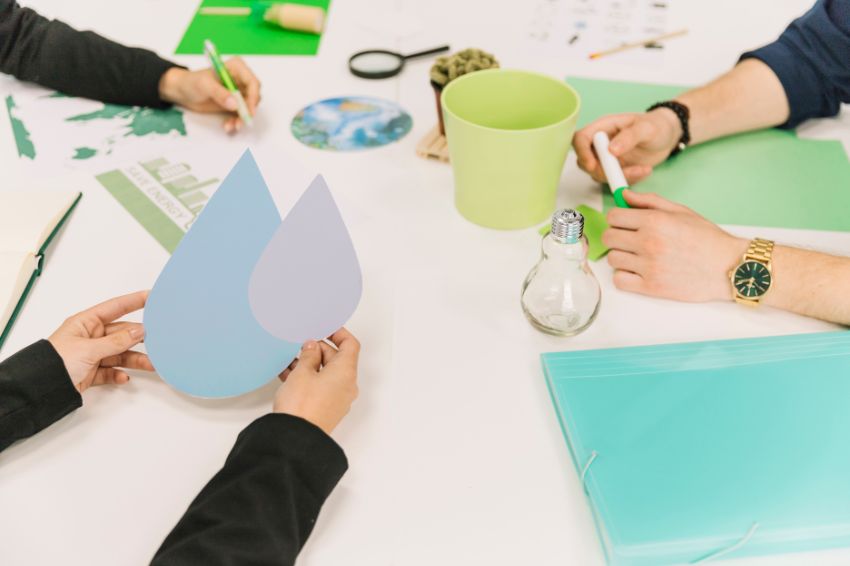
-5.gif)
